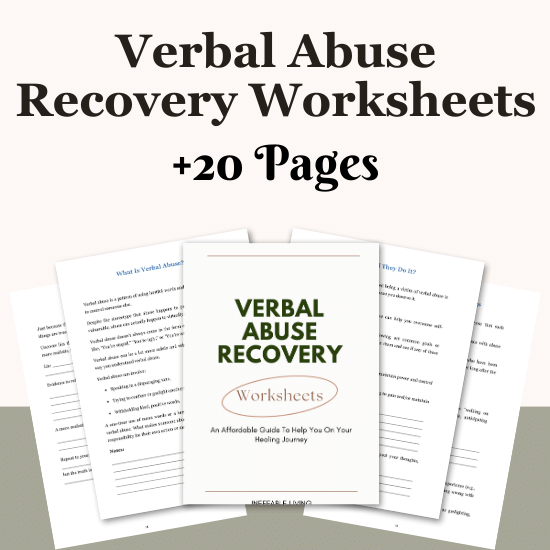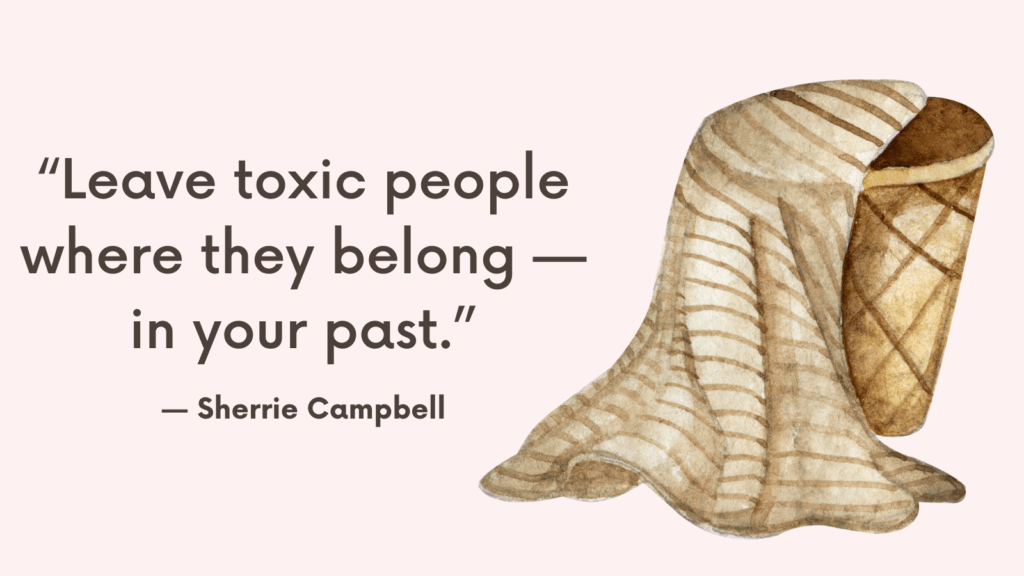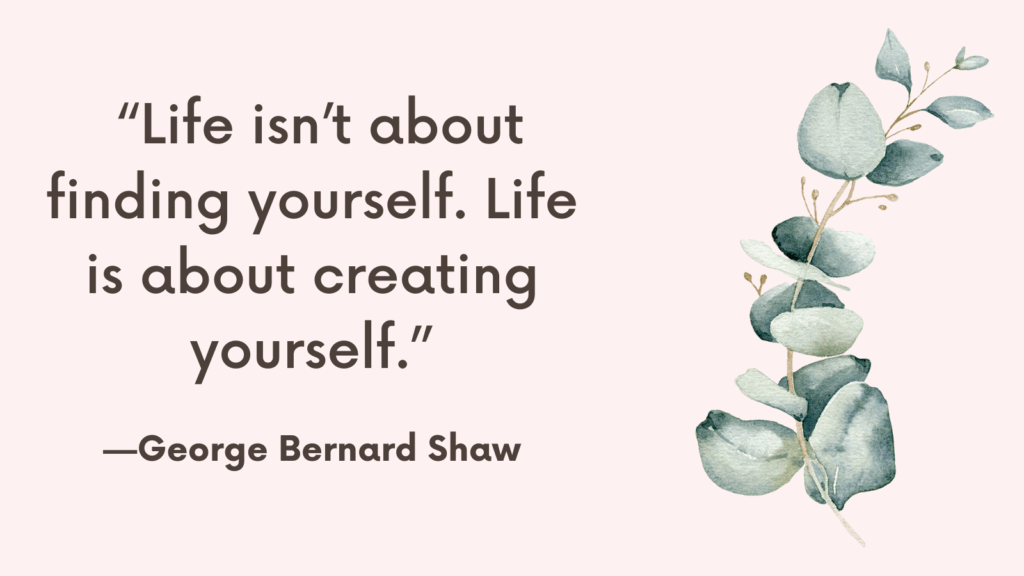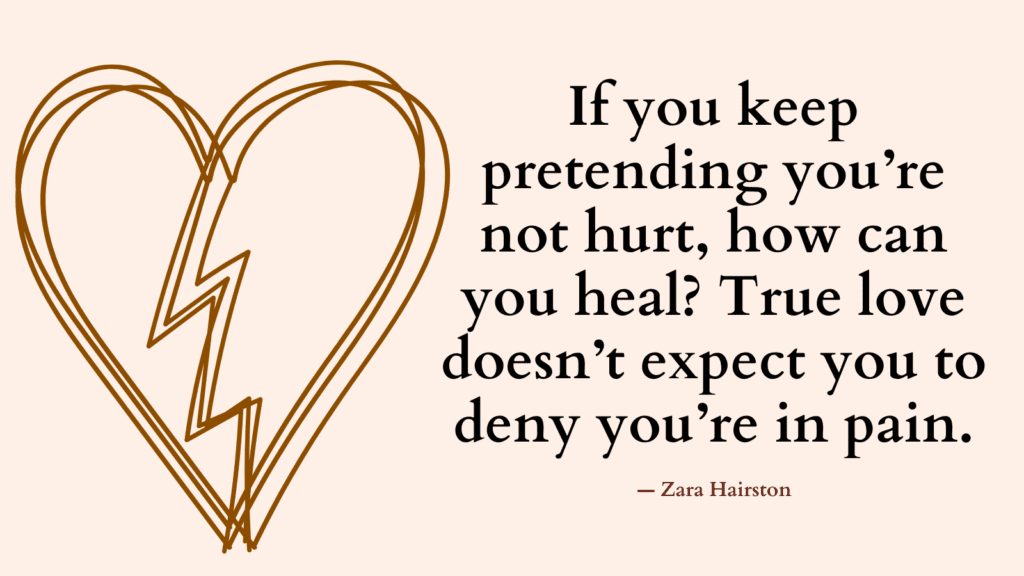They make a comment that stings. You flinch or fall silent. They laugh and say, “Relax, I was just joking.”
But it doesn’t feel like a joke. It feels like a dig — and you’re left wondering if you’re too sensitive, or if something deeper is happening.
Humor can be a beautiful part of a relationship — a way to bond, lighten tension, and express affection. But when jokes are used to insult, shame, or undermine, it crosses a line. What’s masked as humor can become a tool of control and verbal abuse.
Here’s how to recognize when “just joking” is no longer harmless — and what to do when humor is used as a weapon.
What Verbal Abuse Disguised as Jokes Looks Like
Verbal abuse wrapped in humor often flies under the radar. The person delivering the comment maintains plausible deniability, while the target is left feeling confused, hurt, or silenced.
Examples might include:
- “You’re so sensitive — no wonder no one can deal with you.”
- “Nice outfit… did you get dressed in the dark?”
- “Don’t cry, I was just messing with you. You’re no fun.”
- “You’re smart — for someone like you.”
- “You actually think you’re good at that?” laughs
These comments are often followed by dismissals like:
“It was a joke.”
“You need to lighten up.”
“You’re overreacting.”
“You know I didn’t mean it like that.”
It’s not the punchline — it’s the intention and impact.
Related: Covert Verbal Abuse: What Is It & How To Recover From Verbal Abuse
Why This Kind of “Joking” Is Harmful
1. It Undermines Your Confidence
When “jokes” are used to point out your flaws, you begin to internalize them. Over time, your self-esteem takes a hit.
2. It Creates a Power Imbalance
The person joking gets to feel superior, while you’re left defending your reaction. It becomes a game where they hold the power — and you hold the shame.
3. It Gaslights You
By insisting it was “just a joke,” they invalidate your reality and make you question your own feelings. This erodes your ability to trust yourself.
4. It Conditions You to Stay Silent
You learn that speaking up leads to more mockery or dismissal. So you stop saying anything at all, even when you’re hurt.
5. It Normalizes Disrespect
When these comments go unchecked, they become part of the relationship dynamic — teaching you to tolerate emotional injury as humor.
Related: Am I Being Verbally Abused Quiz
Why They Do It
People who use humor as a weapon often rely on it to deflect responsibility or disguise hostility.
1. To Control Without Accountability
If they insult you outright, they risk confrontation. A joke, however, lets them hurt you while avoiding blame.
2. To Test Boundaries
They may push limits to see how much you’ll tolerate. If you laugh along, they take it as permission to keep going.
3. To Mask Insecurity
Sometimes, people cut others down to elevate themselves — often because they feel small or threatened inside.
4. Because It’s Familiar
They may have grown up in environments where sarcasm or put-downs were normal — and never learned healthy communication.
Related: Top 7 Causes of Cyberbullying (& How to Heal)
How to Respond When It Happens?
You don’t need to justify your reaction. If it hurt, it matters. Here’s how to protect your peace.
1. Call It Out Calmly
You can say, “That didn’t feel like a joke to me,” or “I don’t find that funny.” Let your tone be firm, not apologetic.
2. Set a Boundary
“I don’t allow people to speak to me like that — even as a joke.” Repeat if needed. Boundaries are for you, not them.
3. Don’t Explain the Obvious
If they keep dismissing your hurt, stop trying to convince them. Walk away if necessary. You don’t owe someone a lesson in decency.
4. Notice the Pattern
Once is a moment. Repeatedly using humor to hurt you is a red flag — especially if they blame you for not laughing.
5. Check How You Feel Around Them
Do you feel safe, respected, and seen? Or do you feel small, anxious, and on guard? Your body knows when you’re being devalued.
Related: Healing From Emotional Abuse In 12 Practical Steps

Conclusion
Healthy humor makes people feel included, not targeted. It lifts the energy — not your defenses.
When someone hides cruelty behind “just joking,” they’re not being funny. They’re being emotionally unsafe.
You deserve relationships where laughter feels light, not like a veiled insult. You deserve to be heard the first time you say, “That hurt.” And you deserve to protect yourself from anyone who repeatedly turns your pain into a punchline.
Your boundaries are valid. Your feelings are real. And your peace is worth more than someone else’s convenience.



